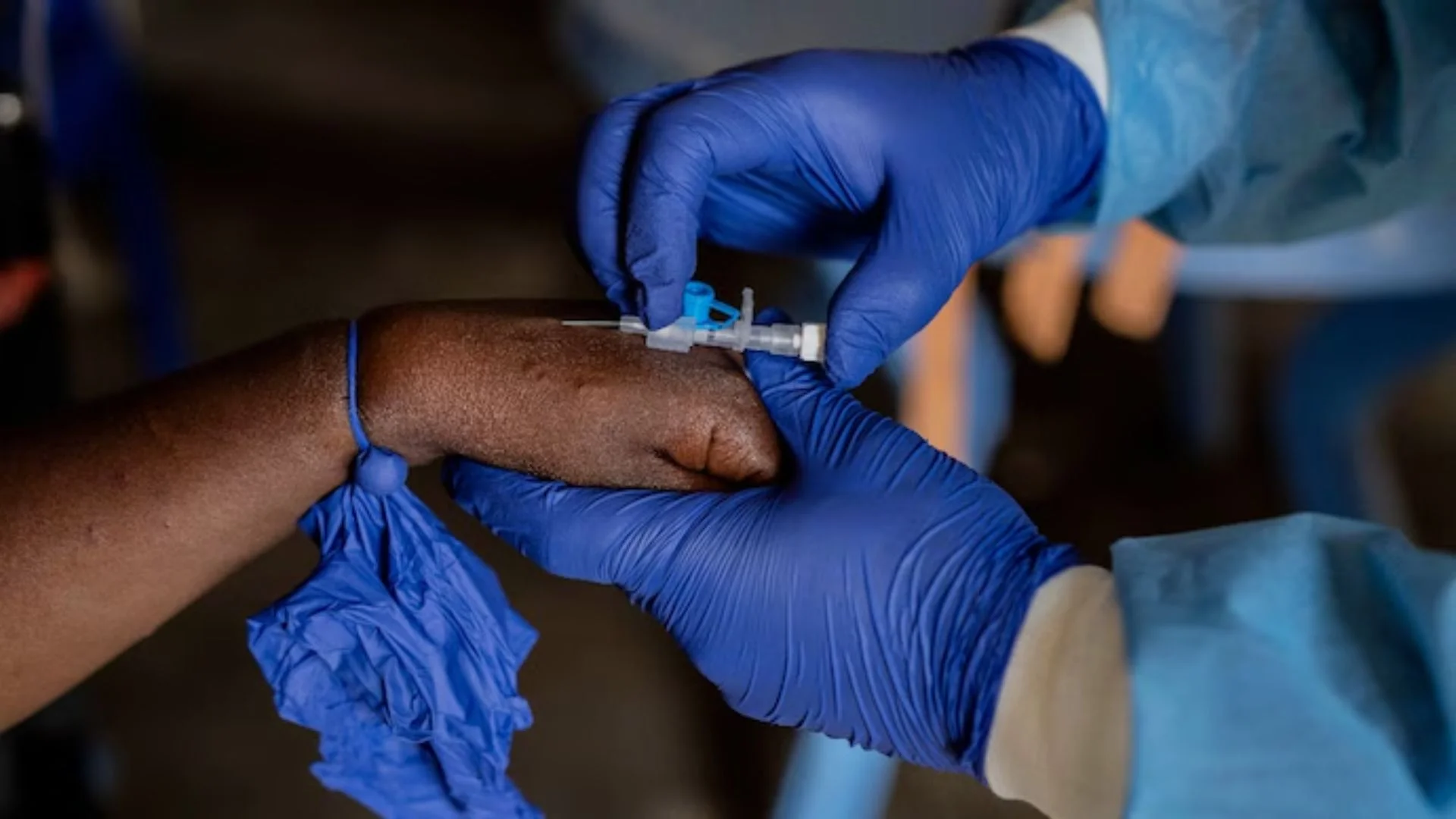A new strain of the mpox virus, known as clade Ib, is evolving at an alarming rate and spreading beyond its origins in the Democratic Republic of Congo. This development has intensified concerns among scientists and health officials, highlighting the challenges faced in tracking and managing the virus.
Global Concern
Mpox, which causes flu-like symptoms and pus-filled lesions, can be fatal. Historically a public health issue in parts of Africa, the virus gained global attention in 2022. Despite the WHO declaring a global health emergency and later ending it, clade Ib—a mutated version of the endemic clade I—is now drawing renewed concern. This year, Congo has reported over 18,000 suspected cases and 615 deaths related to mpox, with 222 confirmed cases of clade Ib across four African countries, and isolated cases in Sweden and Thailand linked to travel.
Challenges in Tracking and Understanding
Scientists express frustration over the limited understanding of the virus’s behavior and transmission dynamics. Dr. Dimie Ogoina, chair of the WHO’s mpox emergency committee, emphasized the need for better outbreak understanding to effectively manage transmission and disease severity. Unlike previous strains, clade Ib has rapidly evolved to sustain human-to-human transmission within a year, compared to the five years it took for clade IIb to do so during the 2022 outbreak.
Rapid Mutation and Transmission
Clade Ib’s genetic sequencing reveals a mutation known as APOBEC3, which suggests the virus is adapting quickly to human hosts. This accelerated evolution complicates response efforts, as the virus has shifted from primarily animal-to-human transmission to being largely sexually transmitted. The strain has contributed to infection clusters among children in Burundi and in displaced populations in eastern Congo, where overcrowded conditions exacerbate spread.
Need for Improved Resources and Research
There is an urgent need for further research and better resources to combat the outbreak. Scientists in Africa report shortages of essential chemicals and equipment necessary for diagnostic tests and planning vaccination strategies. Dr. Emmanuel Nakoune of the Institut Pasteur stressed that these resources are critical for effectively tracking and responding to deadly outbreaks.
The rapid evolution and spread of clade Ib underscore the pressing need for enhanced global cooperation and support to address the mpox crisis effectively.























